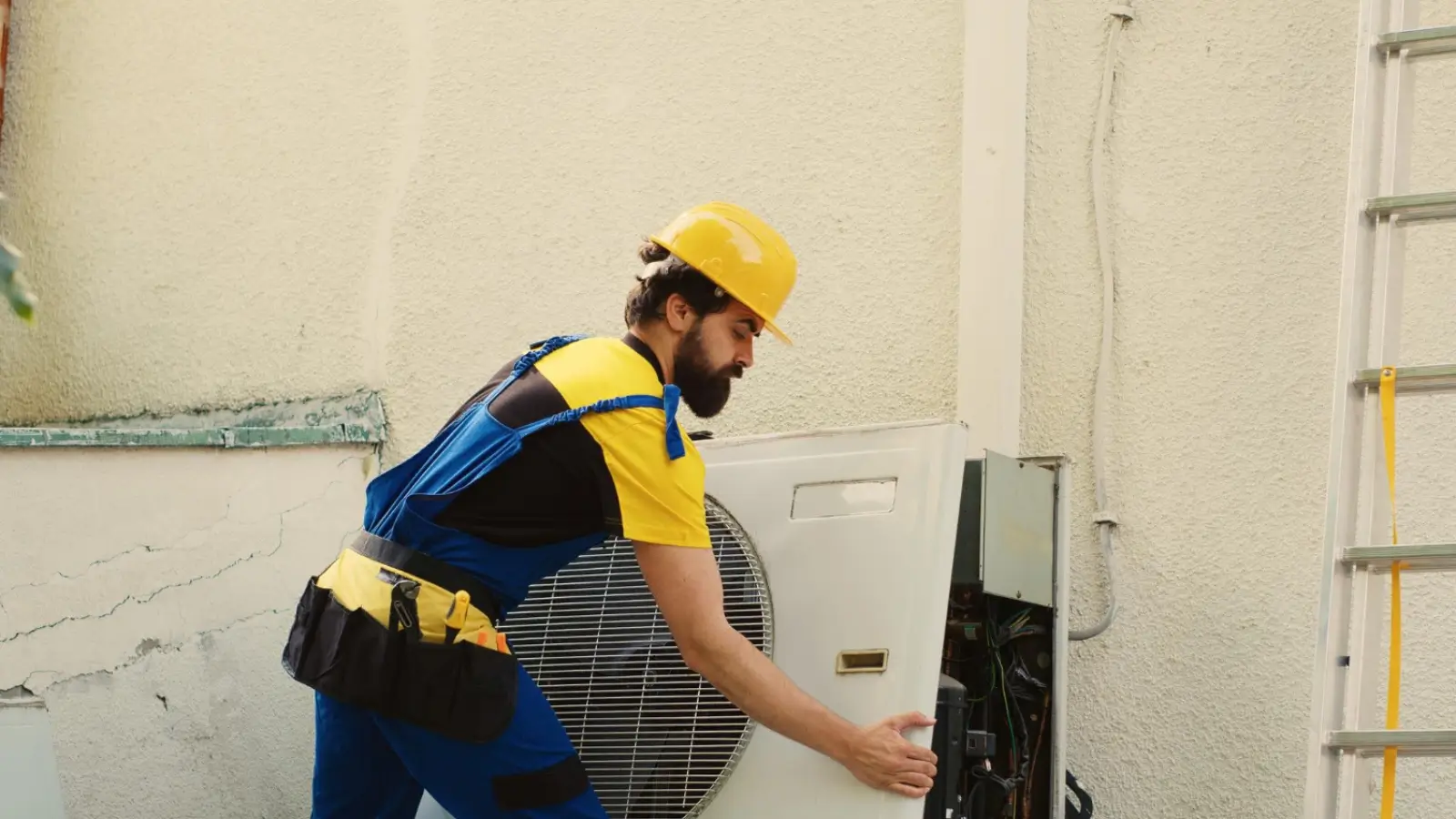


Maintaining a comfortable home environment often relies on an efficient heating, ventilation, and air conditioning (HVAC) system. While many homeowners focus on temperature control and indoor air quality, the impact of HVAC maintenance on energy bills is sometimes overlooked. We will explore how consistent maintenance of your HVAC system can significantly influence energy consumption and overall household costs. Neglecting routine checks and care can lead to inefficient operation, increased energy consumption, and higher utility bills. On the other hand, proactive maintenance ensures that systems run efficiently, reducing wasteful energy consumption and extending the equipment's lifespan. Understanding the direct connection between HVAC upkeep and energy costs is essential for homeowners seeking both comfort and financial efficiency.
Routine maintenance keeps your HVAC system functioning at its designed efficiency. Over time, dust, dirt, and debris accumulate on components such as air filters, coils, and vents. When these elements are obstructed, the system must work harder to maintain the desired temperatures, which directly increases energy consumption. Simple maintenance actions, such as cleaning or replacing filters, checking refrigerant levels, and inspecting ductwork, ensure that airflow remains unobstructed and that the system operates smoothly. Homeowners who rely on a 24 hour HVAC service in Summerlin can ensure their system stays in optimal condition at all times. An efficiently running system requires less energy to achieve the same results, which translates to lower energy bills. Homeowners often notice a tangible decrease in monthly costs once their HVAC system is maintained regularly.
Neglecting HVAC maintenance increases the strain on the system, resulting in more frequent breakdowns and higher energy consumption. Components such as compressors, fans, and motors must work harder when the system is clogged or unbalanced, resulting in increased electricity consumption. Over time, this unnecessary strain not only increases energy bills but also shortens the lifespan of key components, necessitating costly repairs or replacements. Regular maintenance addresses these issues before they escalate, keeping components in optimal condition. A system operating within normal parameters uses energy more efficiently, thereby avoiding spikes in consumption that occur when components struggle to perform optimally. Preventing excessive wear ensures that the energy used is translated directly into effective heating or cooling, rather than being wasted.
An HVAC system that is not properly maintained may struggle to maintain consistent indoor temperatures. Inconsistent temperatures cause the system to cycle on and off more frequently, which can significantly increase energy consumption. Maintenance tasks, such as calibrating thermostats, checking for refrigerant leaks, and ensuring ductwork is properly sealed, help maintain steady temperatures throughout the home. When the system operates efficiently, it avoids the energy-intensive surges required to quickly heat or cool a space. Homeowners often see that a properly maintained system not only keeps them comfortable but also provides a more predictable and manageable energy bill, as the system is not overexerting itself to compensate for inefficiencies.
Blocked or restricted airflow is a major factor in increased energy bills. Dust accumulation, dirty filters, and poorly sealed ducts reduce the volume of air circulating through the home, forcing the HVAC system to work harder. Routine maintenance ensures that vents and ducts are clear and that fans are operating properly. This enhanced airflow allows the system to distribute heat or cool air more evenly, requiring less energy to achieve desired results. Improved airflow also contributes to better indoor air quality, making the home more comfortable while reducing the operational costs. The energy savings from unobstructed airflow may not be immediately visible but accumulate over months of consistent maintenance.
Regular maintenance enables the early detection of issues that can lead to energy waste. Small leaks in ductwork, low refrigerant levels, or malfunctioning components often go unnoticed until they significantly affect energy consumption. When technicians or homeowners identify and address these problems early, the system operates under optimal conditions, avoiding energy drain. Catching issues before they escalate prevents energy-intensive repairs and helps keep bills manageable. This proactive approach ensures that every kilowatt of energy is used efficiently, maintaining both system performance and budget-friendly operation.
Energy efficiency is closely tied to the age and condition of HVAC equipment. Older or neglected systems often consume more energy to produce the same level of heating or cooling as a newer, well-maintained system. Regular maintenance slows the aging process of the components, keeping them running closer to their original efficiency. By extending the lifespan of your HVAC system, maintenance not only reduces the likelihood of sudden breakdowns but also ensures that energy bills remain consistent and predictable. This long-term impact is particularly significant for households looking to balance comfort with cost management over several years.
For cooling systems, maintaining proper refrigerant levels is essential for energy efficiency. Low refrigerant forces the system to work harder to remove heat, consuming more electricity. Routine maintenance checks refrigerant levels, identifies leaks, and ensures the system operates at its designed efficiency. Correct refrigerant performance enables air conditioners to cool spaces more effectively, reducing the time and energy required to reach the desired temperature. The resulting decrease in energy consumption directly lowers monthly bills while protecting the system from strain that could lead to costly repairs.
Maintaining an HVAC system goes far beyond preserving comfort—it directly influences energy bills and household costs. Early detection of problems, proper refrigerant levels, and balanced operation further prevent energy waste and extend the lifespan of equipment. For homeowners, investing time and attention into HVAC upkeep is a practical way to manage energy costs effectively. Regular care ensures systems run smoothly, reduces unnecessary energy consumption, and ensures that every dollar spent on heating or cooling provides maximum value.